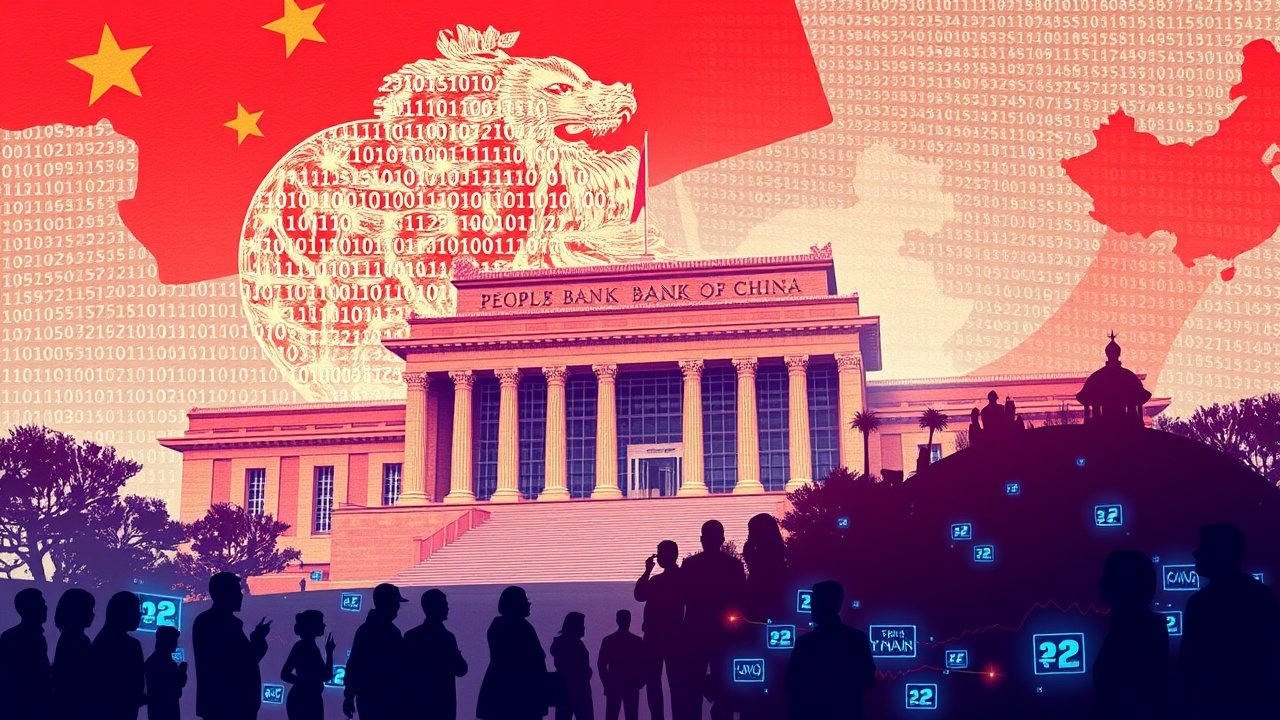Misleading Claims About Digital RMB Bank
In recent weeks, various social media platforms have been rife with misleading claims about the establishment of a “Digital RMB Bank” in Shanghai and the recruitment of individuals to promote the digital currency. However, after consulting with the Digital Currency Research Institute, part of the People’s Bank of China, these rumors have been debunked as false.
Fraudulent Activities and Manipulation
Reports of a new bank launching for digital renminbi and calls for promoters have turned out to be the fabrications of unscrupulous individuals. These fraudsters have allegedly lured unsuspecting members of the public into online and offline meetings, where they’ve been pushed into joining chat groups promising lucrative opportunities.
Their deceptive tactics include soliciting sensitive personal information and assets from potential victims, with the bait of annual subsidies ranging from 2% to 5% for exchanging digital RMB. This manipulation not only misleads individuals but also poses significant risks, as it intentionally drives the public towards illicit activities with the aim of swindling them under the pretense of legitimate financial transactions.
The Nature of Digital RMB
It is crucial for users to understand that the digital RMB, which represents a state-backed digital version of fiat currency, is designed for everyday transactions and does not present any speculative opportunities. The People’s Bank of China has emphasized that users will never be solicited for private information or be asked to engage in pyramid schemes promising high returns.
Legitimate Channels for Digital RMB Distribution
Legitimate distribution of digital RMB, particularly in the form of consumer red packets, occurs only through reputable channels such as authorized commercial banks, major government service platforms, and recognized e-commerce websites. This ensures a secure and regulated use of this new digital currency.
Overall, the propagation of these rumors has sparked concerns and confusion among users, reinforcing the importance of verifying information before engaging in financial transactions.




